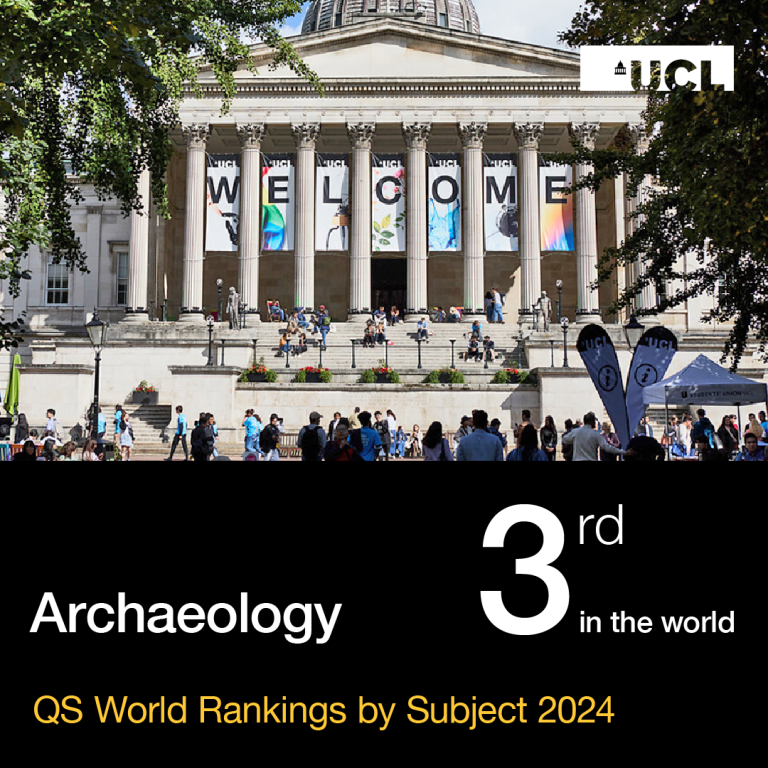Complexity Space and Human History will provide an overview of concepts and techniques that currently prove productive for the study of spatial organisation and long-term unfolding of human history.
The module will will cover scales of analyis and emic versus etic explanation, structure and causality in complex socionatural systems, network analysis, population thinking for the study of cultural change, the role of simulation in contemporary science and modern approaches to spatial patterning.
Aims and Objectives
The aim of the module is to introduce students to a range of contemporary interdisciplinary approaches to the study of the spatial organisation and long-term unfolding of human history. It will be useful to those seeking an overview of how ideas from complexity science, evolutionary biology and modern spatial analysis can be applied to archaeological and historical research - what might broadly be called 'model-based' archaeological and historical science.
Learning Outcomes
By the end of the module, students will:
- Have acquired an overview of the contemporary disciplinary landscape of 'model-based' archaeological and historical science.
- Have developed an understanding of the principle interdisciplinary concepts that underpin the main strands of contemporary 'model-based' archaeological and historical science.
- Be able to determine which strands of contemporary 'model-based' archaeological and historical science are applicable at particular scales of analysis and to particular facets of reality.
- Understand the importance of robust experimental design in 'model-based' archaeological and historical science.
- Be aware of general issues surrounding the fit between archaeological data and the requirements of the various approaches introduced in the course.
Teaching Methods
The module will be taught by a combination of face-to-face lectures and seminar discussion supplemented by small-scale embedded practical exercises (games). The latter will be designed to more concretely illustrate core concepts (for example, path dependence and non-linearity in dynamical systems), but would not substitute for more formal technical training provided in specialised option courses. Moodle pages will be used to deliver enhanced reading lists, lecture precis, programs to run the 'games' and to facilitate out-of-class discussion, but the module will not be offered by distance learning.
Module information
- Code: ARCL0161
- Credits: 15
- Coordinator: Mark Lake
- Prerequisite: This module does not have a prerequisite.
- Handbook: open»
For registered students
- Reading list: open»
Availability
- Running in 2023-24
 Close
Close


